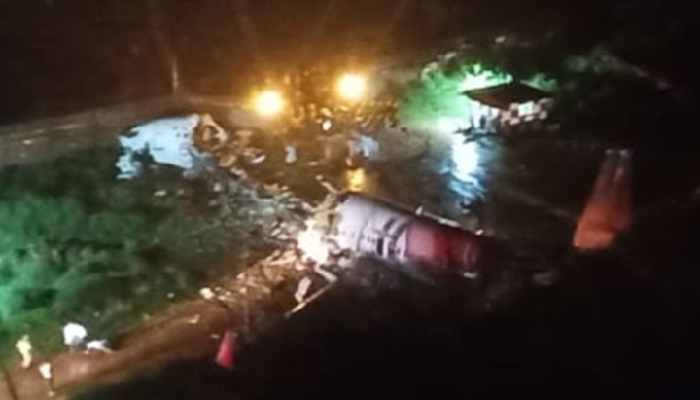Hyderabad, Jun 30: Hyderabad-based Bharat Biotech announced that it has successfully developed Covaxin, India's first vaccine candidate for Covid-19, in collaboration with the Indian Council of Medical Research (ICMR) and National Institute of Virology (NIV).
The Drug Controller General of India - CDSCO, Ministry of Health & Family Welfare granted permission to initiate Phase I & II Human clinical trials after the company submitted results generated from preclinical studies, demonstrating safety and immune response. Human clinical trials are scheduled to start across India in July 2020.
The SARS-CoV-2 strain was isolated in NIV, Pune and transferred to Bharat Biotech.
The indigenous, inactivated vaccine developed and manufactured in the company's Bio-Safety Level 3 (BSL-3) High Containment facility located in Genome Valley, Hyderabad.
Announcing the vaccine development milestone, Dr Krishna Ella, Chairman and Managing Director said: "We are proud to announce COVAXIN, India's first indigenous vaccine against COVID-19. The collaboration with ICMR and NIV was instrumental in the development of this vaccine."
Dr Ella added, "The proactive support and guidance from CDSCO has enabled approvals to this project. Our R&D and Manufacturing teams worked tirelessly to deploy our proprietary technologies towards this platform."
Expedited through national regulatory protocols, the company accelerated its objective in completing the comprehensive pre-clinical studies. Results from these studies have been promising and show extensive safety and effective immune responses.
Speaking about Bharat Biotech's prowess, Suchitra Ella, Joint Managing Director said, "Our ongoing research and expertise in forecasting epidemics has enabled us to successfully manufacture a vaccine for the H1N1 pandemic."
"Continuing our focus on creating the only BSL-3 containment facilities for manufacturing and testing in India, Bharat Biotech is committed to advancing vaccine development as a matter of national importance to demonstrate India's strength in handling future pandemics," she added.
Bharat Biotech's track record in developing vero cell culture platform technologies has been proven in several vaccines for Polio, Rabies, Rotavirus, Japanese Encephalitis, Chikungunya and Zika.






Comments
Add new comment